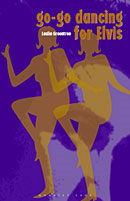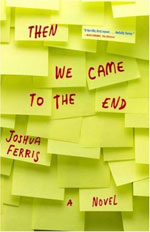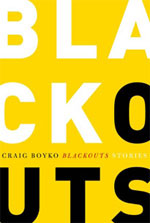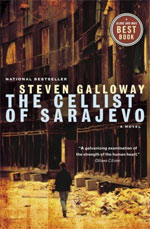
VS Naipaul’s classic and much-lauded novel about social upheaval in an unnamed African nation in the 1970s is simultaneously engrossing and chilling. Told from the point of view of an ethnic Indian man who was raised and lives in Africa, the story deals with many layers of dispossession and alienation amongst its individual characters and ethnic and social groups as they struggle amidst the tides of and enticements of modernity and the countering tides of history and tradition. Characters deal with these conflicting tides in varying states of paralysis, weariness and wariness. Even those who embark hopefully on personal or business relationships to try to further themselves and thrive in shifting social milieus all seem to be stymied and even crushed in rapid succession. All optimism seems to wane or is more violently extinguished as everyone either flees, goes into hiding or at very least “accepts new encumbrances”. Naipaul’s book is pointed and instructive, but not uplifting.









